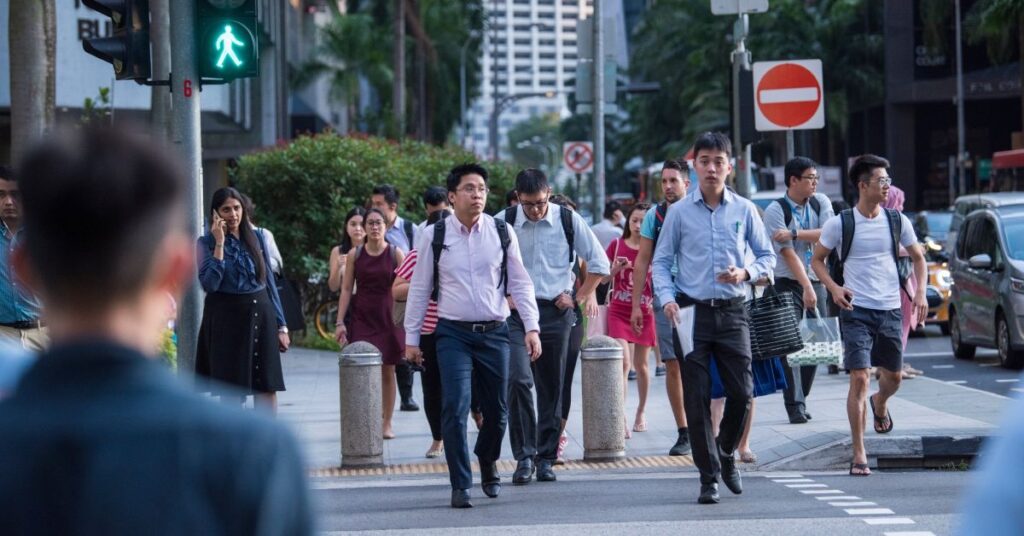- As Pakatan Harapan isn’t an SPR-recognised coalition, there was no simple majority formed from yesterday’s GE14.
- Therefore, Yang di-Pertuan Agong now has the job of selecting the Prime Minister of Malaysia, based on who will be able to command the confidence of our elected parliament members.
Najib’s address to the nation this morning was a confusing one to say the least.
SPR confirmed that Pakatan Harapan had won the highest number of parliamentary seats, but why did Najib Razak stand before the people to say that the Agong will be making the final say in our premier? Did he also say there was no simple majority?
If the Agong is going to select the next Prime Minister, then what was the point of elections?
Well here’s the breakdown:
The Agong has always selected the Prime Minister after a General Election.
When we hold general elections, our choices do not directly form a government. Our vote actually goes into choosing a representative in Parliament—a separate body from the government.
That being said, the parliament members we elect do impact Yang di-Pertuan Agong’s selection of the next Prime Minister.
The Prime Minister needs to be, in the Agong’s opinion, “likely to command the confidence of the majority of the members” in the House of Representatives.
When there is a simple majority of 112 seats out of the available 222 (or 50%+1), Yang di-Pertuan Agong can be sure that the Prime Minister can govern effectively—they’ll command the majority of the members in Parliament, after all.
Update: We’ve amended the paragraph above to correct the definition of simple majority. We apologise for any confusion.
Once the Prime Minister is appointed, it’s only then that he or she gets to appoint Ministers from the Parliament members that we voted for.
The problem here lies in the fact that no party has achieved at least 112 seats in GE14.
This is because Pakatan Harapan is not an SPR-acknowledged coalition.
Two months ago, the Registar of Societies confirmed that Pakatan Harapan’s registration as a coalition could not be processed. So if you consider the member parties of Pakatan Harapan separately, here’s the breakdown:
- PKR: 104
- BN: 79
- PAS: 18
- DAP: 9
- Warisan: 8
- Independents: 3
- PSTA: 1
Technically, this is considered a hung parliament.
So what now?
As Najib himself said in his address, “[the decision] will be based on who commands majority support from the majority of members of Parliament.”
So if at least 112 newly minted members of the parliament can pledge their loyalty to PKR’s leader, regardless of their parties or coalitions, then it’s likely that Yang di-Pertuan Agong will select the leader of PKR as Prime Minister.
Plot twist: right now, the leader of PKR is Dr. Wan Azizah.
This is why you’ve heard that Dr. Wan Azizah, is meeting Yang di-Pertuan Agong to form the government.
She can choose to abdicate that responsibility and appoint Mahathir instead, as long as she has the consensus of other Pakatan Rakyat MPs.
It’s also important to note that Yang di-Pertuan Agong cannot simply appoint Prime Minister on a whim.
According to Surendra Ananth, co-chairperson of the Malaysian Bar Constitutional Law Committee, “[Yang di-Pertuan Agong’s] discretion is only limited to determining who within the coalition (who has now formed the majority) is the leader”.
Also Read: M’sian CEOs Reveal 2 Rare Qualities They’d Hire On The Spot & 1 They’d Completely Avoid
Feature Image Credit: Dr. Mahathir bin Mohamad’s Facebook page












